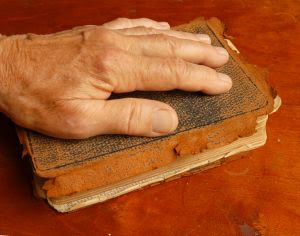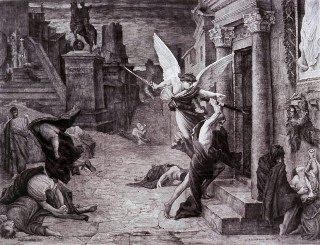48A
Samson Occom

“I used to wish I was capable of instructing my poor Kindred. I used to think, If I Could once Learn to Read I would instruct the poor Children to Reading” (Norton 441)
“This proved to be quite a successful trip, as he [Occum] raised nearly $50,000, but the Native school that Occum worked so hard to create, would never be build with these founds.” www.sachem-uncas.com/occum.html
In “From a Short Narrative of My Life” Samson Occom writes about the injustice he suffered in his minister and teacher career. Occum explains that when he was sixteen he heard for the first time the words of God by the English Ministers.
Occom explains that those Preaches did not only come to them, but they had their own places, a church for their meetings. Occum did not know how to read but even though he could “read” the bible. Occom later felt an amaizing disere to serve God and to spread his words to his people. He explains that Mr. Weelock was the one who taught him how to read, who gave him new clothes and who supported him teaching Indians in New England, and he became a Christian ministers to his own people.

Occum eventually got married and had kids; he dedicated much of his early life to promoting Wheelock's missions and projects. Doing so, he had to leave his family for a while and he trusted Mr. Weelock to take care of them. When he returned, his family was sick and poor. Mr. Weelock was using the money from his missions and projects to build a college that the focus was not the Native American students anymore.

His narrative is about the injustice he suffered and how his spirituality and his Indian identity provided him the strength to continue with his missions.
It is sad to realize that injustice initiated hundreds of years ago, and we learned how to leave with it instead of try to fix the problem. We often hear parents telling their kids that “life is not fair” you got to move one. Unfortunately, as Dennis Wholey says: “Expecting the world to treat you fairly because you are a good person is a little like expecting the bull not to attack you because you are a vegetarian.”

















